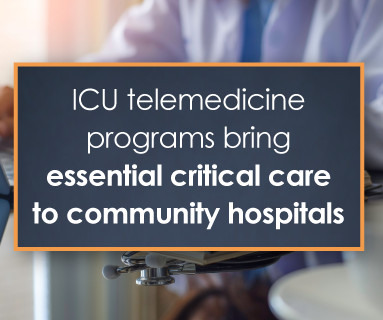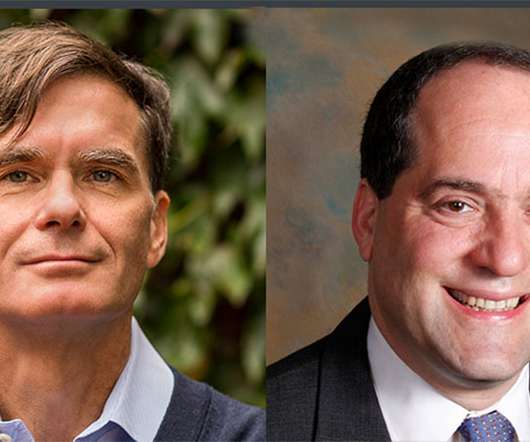ICU telemedicine programs bring essential critical care to community hospitals
Sound Physicians
MARCH 12, 2025
Partnering with a telemedicine critical care team alleviates the pressure on both the hospitalist team and the patients. How — and why — it works Our tele-intensivists are available 24 hours a day to support teams on the ground, working 12-hour shifts to support hospitalist teams as well as emergency department (ED) triage.


























Let's personalize your content